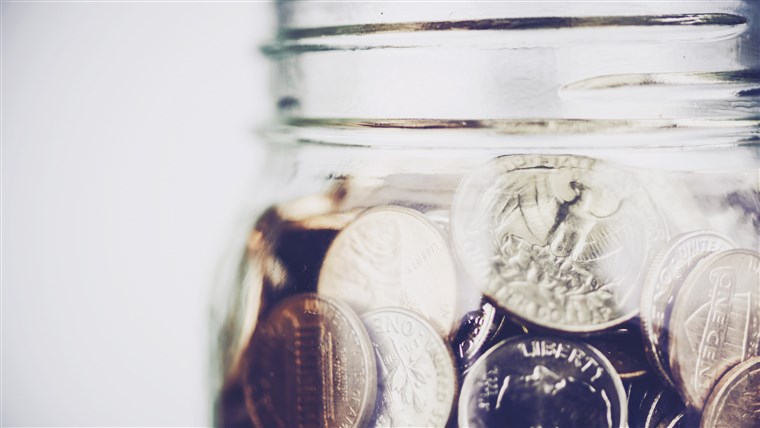Emergencies happen when you least expect them to. This means that you have to plan ahead to ensure that you have the money to deal with anything unexpected that happens to you. What are some tips and tricks that you can use to build your emergency fund without sacrificing your lifestyle?
Assume That Something Bad Will Happen
When you know that you have a bill coming due, you don’t think twice about putting money aside to pay that bill. Therefore, if you assume that an emergency will occur at some point, you won’t think so much about putting money aside to pay for the unexpected. Even if you save $50 a week, you will have $2,600 a year if all you do is put it in the bank. Those who think ahead even further will put that money into a government bond or some other account that will mature quickly and add even more money into your account without having to do anything to earn it.
Keep Your Debt-To-Income Ratio As Low As Possible
If you don’t need a new car, there is no reason to make a car payment when you don’t have to. If you don’t need to live in a house by yourself, get a roommate to split the rent or your monthly mortgage payment. Limiting your debt level allows you to keep more money in the bank at all times. When something unexpected occurs, you will be able to stop by the bank to make a quick withdrawal to pay for the work comp doctor knowing that you have as much money as you need.
Have Your Paycheck Wired To Different Accounts
You don’t fret about the money that you don’t get to spend in the first place. A good trick to force you to save is to have part of your paycheck wired to an account dedicated to saving your money for emergencies. Additionally, if you put your money in a PayPal account or an online account, it will generally take up to three days for the money to be transferred. This means that you will be less likely to use the money if it isn’t immediately available.
An emergency fund is something that you have to have. When an emergency strikes, you need to be able to pay for it without going deep into debt. Even if you cannot afford to pay the entire bill with the money in your bank account, at least you can cushion the blow.


